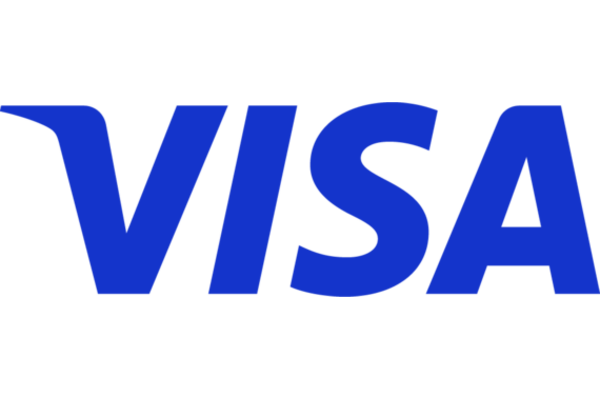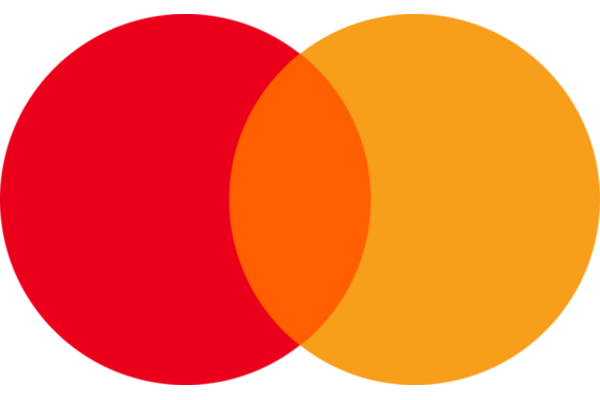Source: Visa
- Visa launches Visa A2A, an open system to bring consumer control and protection to account-to-account payments
- Introduces an easy and safe way to pay recurring bills with bank transfers and makes it easier for consumers to get their money back if something goes wrong
- Designed with leading UK fintechs and in collaboration with key industry partners, it will unlock an easier, safer way to pay by bank from early 2025
London, 5th September: Visa today announced that it is applying the company’s infrastructure, technology and capabilities to account-to-account (A2A) payments, giving consumers more control and protection on how they pay via bank transfers.
Visa A2A debuts in the UK in early 2025 and will give consumers a smarter, digital user experience, advanced security features, and an easy-to-use dispute resolution service that represents a significant upgrade to the current pay-by-bank experience and aims to help people get their money back if something goes wrong.
In 2023, £3.7tn was paid via A2A Faster Payments in the UK, a 15% increase over the previous year[1]. However, the payment of bills and subscriptions through bank transfers remains largely unchanged since the inception of direct debit 60 years ago. This can make it harder for consumers to manage their finances using a service designed in a pre-digital age that, in many cases, still requires manual processes and has limited, outdated consumer safeguards.
This affects consumers, businesses and the wider UK economy. In fact, billions of pounds are lost or withheld from consumers due to problems such as unauthorised auto-renewals[2] or the lack of flexibility around bill payments[3].
Visa is bringing decades of experience in payment innovations – including tokenisation, biometrics and AI-based fraud fighting technology– to introduce new levels of control and usability for the benefit of consumers, businesses and banks. From early next year, banks and businesses in the UK will be able to offer Visa A2A to consumers making bill payments such as utilities, rent and childcare fees. In the future, we will look to support consumers in better managing subscriptions of products and services including digital streaming, gym memberships and food boxes.
Choice, control and protection for consumers
Visa A2A will enable banks and businesses to give consumers more choice and control over how they pay their bills. Key features include:
- Protection– A formal dispute resolution process will provide consumers with a reliable way to check transactions, whilst innovations such as biometrics will add a new level of security resulting in fewer unauthorised transactions.
- Choice – Consumers will have another option to pay for products and services directly from their bank account, with the click of a button.
- Control– It will be easier to set up and manage payment permissions so consumers will be in control over when payments are made, and will be able to set limit amounts, so higher bills will not put them unexpectedly under financial stress.
“Bank payments are a popular way to pay bills and services but have remained largely unchanged since the inception of direct debit 60 years ago. The UK is a dynamic and competitive market and UK consumers have become used to the convenience of digital transactions, from tapping in for their morning commute to grabbing a coffee on the go or shopping online after work.
“We want to bring pay-by-bank methods into the 21st century and give consumers choice, peace of mind and a digital experience they know and love. That’s why we are collaborating with UK banks and open banking players, bringing our technology and years of experience in the payments card market to create an open system for A2A payments to thrive. Visa A2A will ensure consumer-to-business bank transfer payments have similar levels of protection that consumers are used to when they use their cards.”
Open industry model, fostering collaboration
Visa A2A will be based on an open system available for all eligible banks and other industry partners to join, and introduces standards, rules and a dispute management service to help protect consumers and further modernise open banking-based payments. It is being designed in partnership with leading fintechs in the UK, including Banked, Modulr, Moneyhub, Salt Edge, Vyne and Yaspa, and will be delivered by key UK industry players working with Visa.
More confidence for businesses
Visa A2A also benefits businesses, as near real-time settlement through Pay.UK’s Faster Payment System gives them greater visibility over payments and makes cash flow management simpler. Businesses can also take advantage of the digital nature of Visa A2A, including notifications if a consumer changes or cancels payment permissions, and it also provides them with the ability to include more transaction data for reconciliation.
Otto Benz, Director of Payments, Nationwide Building Society, said:
“We know that businesses and consumers alike are keen to explore the benefits of A2A transactions, and we expect demand to increase in the coming years. The industry will need to collaborate on innovations such as Visa A2A if we are to put in place the necessary rules, capabilities and consumer protections that will unlock the full potential of A2A.”
Pella Frost, Head of Everyday Banking, HSBC UK, said:
We welcome an initiative that seeks to standardise the rules, capabilities and protections for customers using account-to-account payments. Visa is well placed to build on the growth we are seeing, and we look forward to seeing how it will work with the industry to create a secure and sustainable payment experience for the ecosystem.
Rob Levy, Director, POS Lending Products, Open Banking & Digital Platforms, Barclays, said:
“We are supportive of initiatives that drive competition and innovation in A2A payments, and an industry-led scheme solution is one of the many ways to deliver this. We look forward to seeing how Visa may build on their payments experience to deliver value and protections for customers.”
A spokesperson for Lloyds Banking Group said:
“A2A payments present opportunities for business and consumers, and we are supportive of industry-driven solutions being developed in this space. We welcome innovation in the market to improve the overall experience for people making payments.”
Brad Goodall, CEO at Banked, said:
“The customer benefits of using VRP include increased control and security of online payments, but the value for businesses is equally compelling. Banked recognises the opportunity to accelerate in this space and that’s why we’re excited to be collaborating with Visa to enable rapid uptake of Pay by Bank across a range of industries including insurance, government, utilities, and retail. The launch today is testament to the strong partnership we have forged with Visa to deliver a better way of paying that is beneficial to consumers and merchants alike.”
Karl MacGregor, CEO at Vyne said:
“We are working with Visa to develop an industry led solution which unlocks the future of open banking - variable recurring payments. By leveraging our collective experience of developing and operating payments systems at scale, combined with Vyne’s payment expertise we are accelerating the delivery of commercial variable recurring payment to our customers. This initiative is the first, big step on the path to improve the way merchants and consumers pay and get paid.”
Dan Scholey, Chief Commercial Officer, Moneyhub, said:
“Account-to-account payments are transforming the way the world pays, and Variable Recurring Payments (VRPs) will play a central role in that shift. We, at Moneyhub, are pleased to be collaborating with Visa to unlock the benefits of account-to-account payments and develop an industry-leading solution for the UK. We believe Moneyhub’s unique suite of tools and experience transforming data into personalised digital experiences, combined with Visa’s expertise operating payments systems at scale, will accelerate the delivery of commercial VRPs to our customers. We hope this collaboration acts as a catalyst for the wider industry and are excited to work with Visa now and into the future.”
Myles Stephenson, CEO & Founder, Modulr said:
“We’re excited to be collaborating with Visa to unlock the next phase of open banking in the UK through commercial variable-recurring-payments (VRP). VRP aligns with our commitment to providing seamless and secure payment solutions for businesses, and through our collaboration with Visa we will continue to drive innovation in this space.”
Ian Burgess, Chief Technology Officer, Utilita Energy, said:
“We are very excited to be working with Visa on an industry-led solution to unlock the full potential of Open Banking and A2A payments in the UK, in particular VRP. At Utilita we are keen to innovate and be seen as a first mover in our industry, especially in supporting our customers with payment technology. By combining Visa's experience in developing and operating payments systems at scale with our technology partner, Procode, we will be able to bring new services to our customers quickly and seamlessly.”
ENDS
About Visa
Visa (NYSE: V) is a world leader in digital payments, facilitating transactions between consumers, merchants, financial institutions and government entities across more than 200 countries and territories. Our mission is to connect the world through the most innovative, convenient, reliable and secure payments network, enabling individuals, businesses and economies to thrive. We believe that economies that include everyone everywhere, uplift everyone everywhere and see access as foundational to the future of money movement. Learn more at Visa.com.
Disclaimers: This press release includes concepts and details under continued development by Visa and should be understood as a representation of the potential features of the fully-deployed initiative. Any Visa features, functionality, implementation and branding may be made available, amended, updated or canceled at Visa’s discretion.
[1] Pay.UK-2023-Annual-Report-and-Financial-Statements-interactive-website-version.pdf (wearepay.uk)
[3] Energy firms holding £8.1bn of customers' money - BBC News







